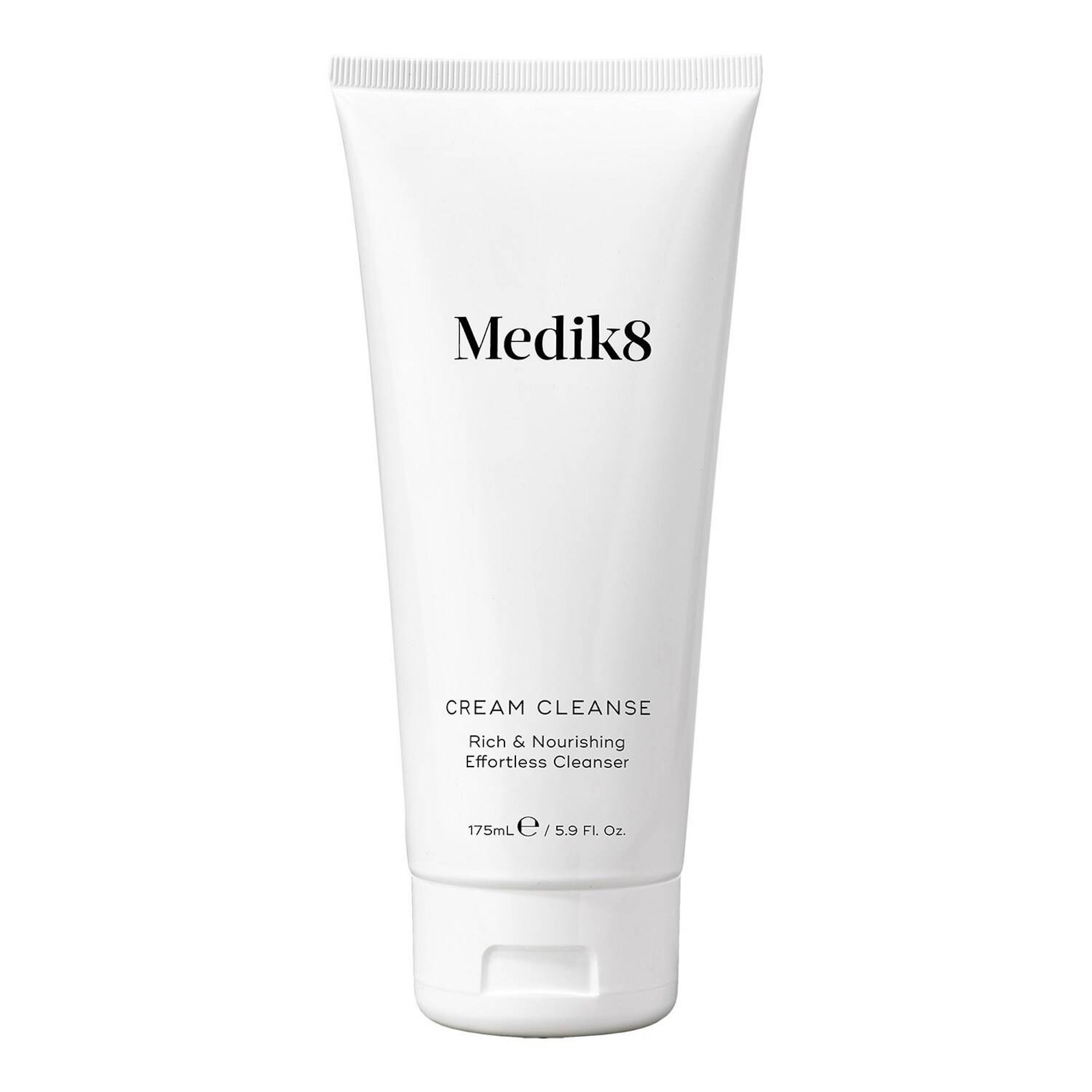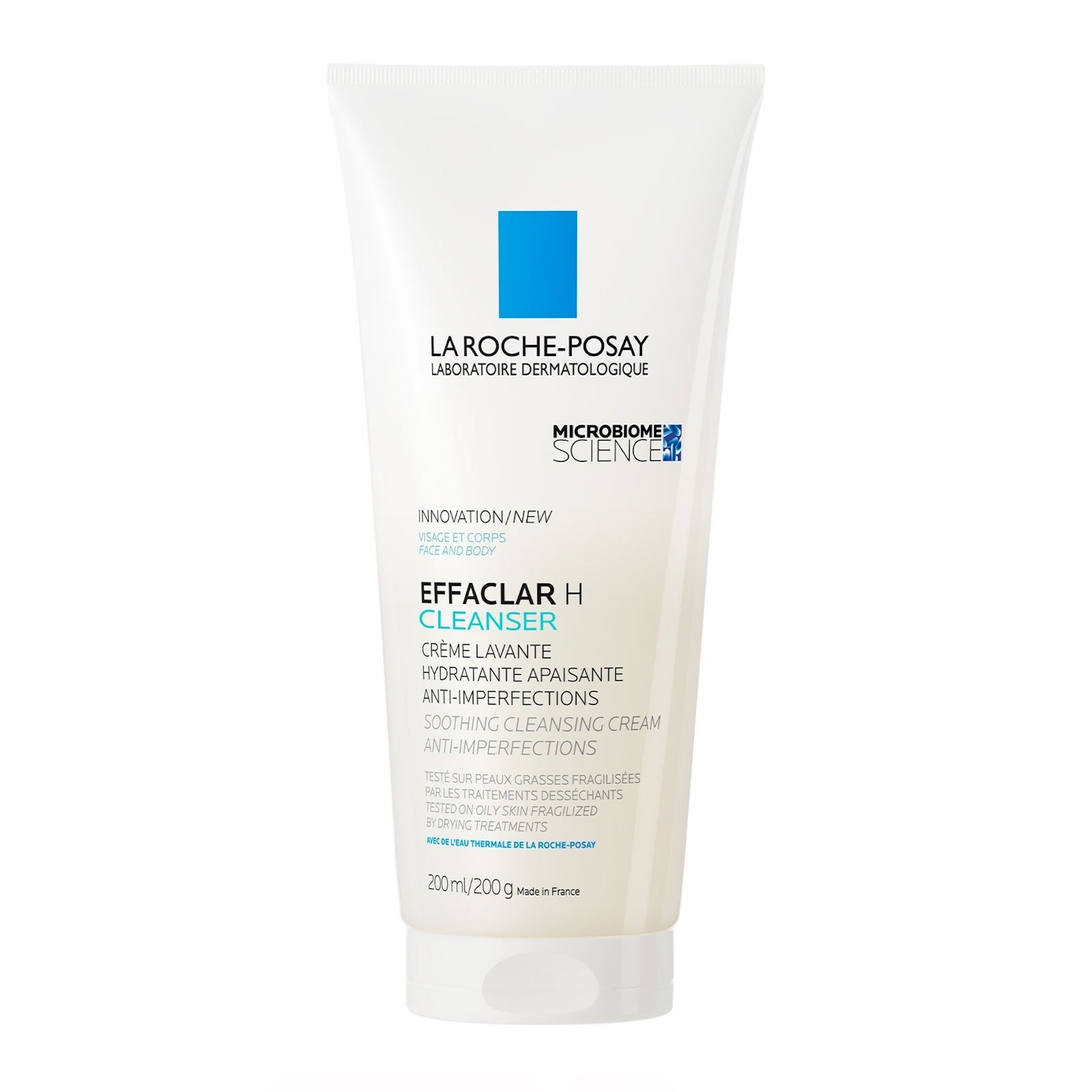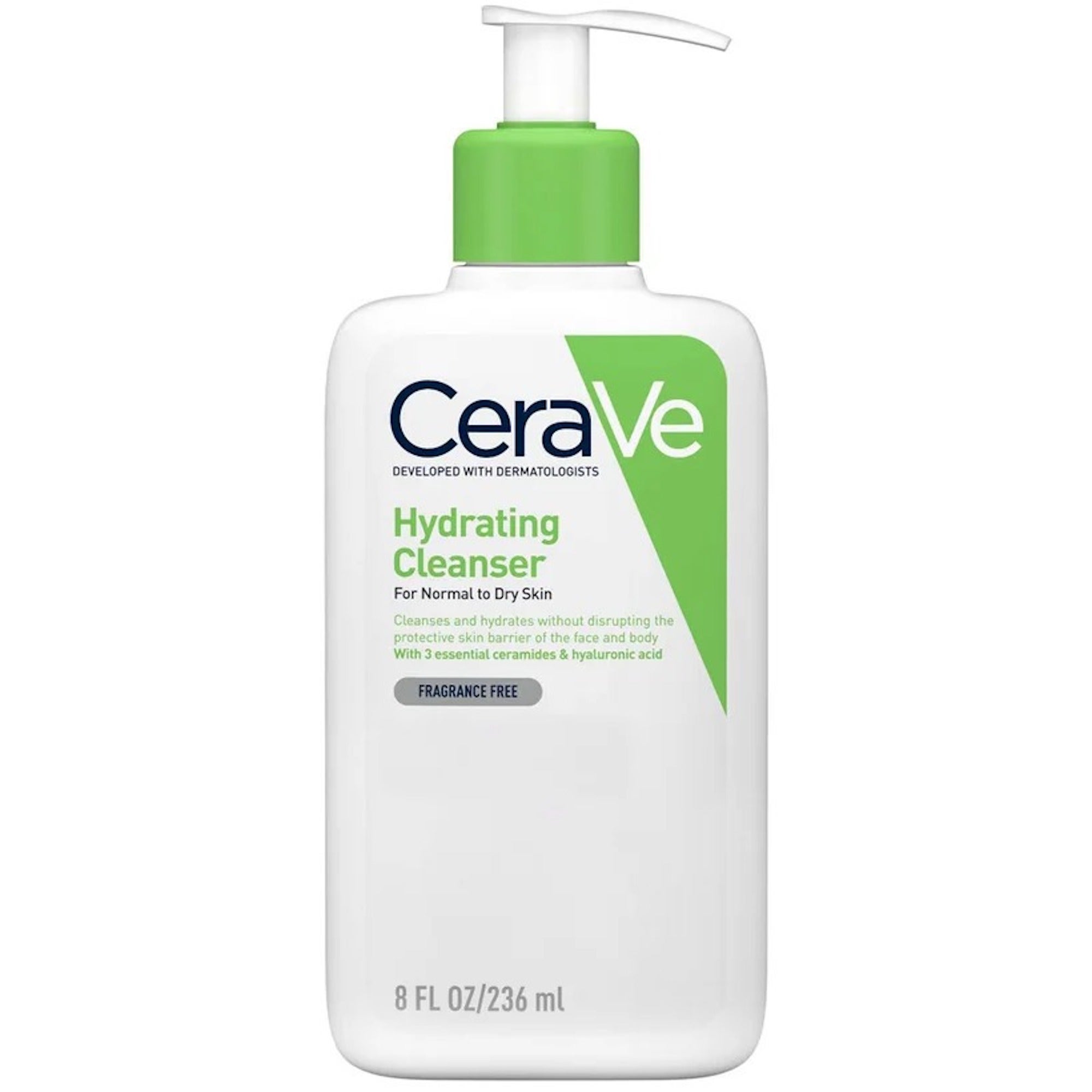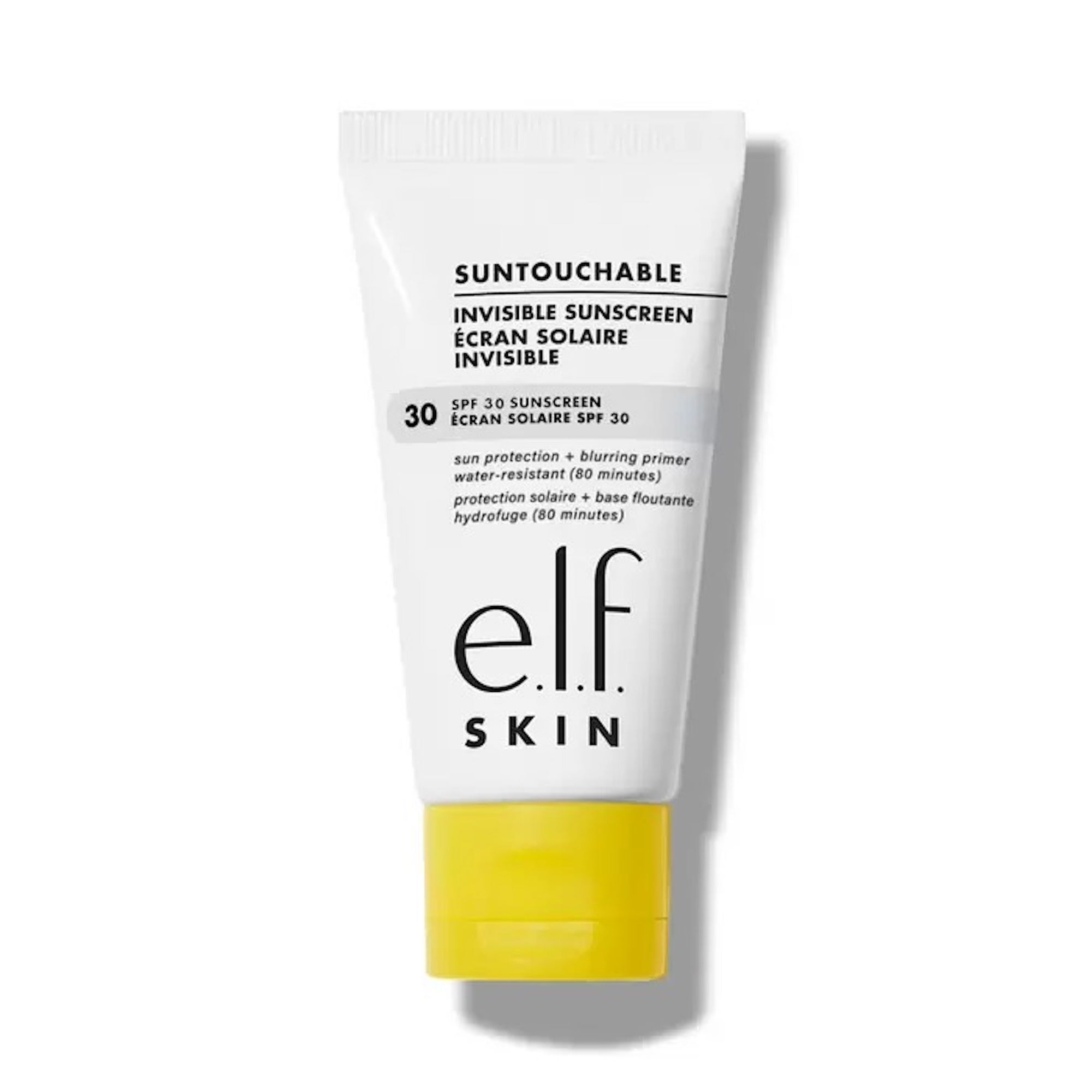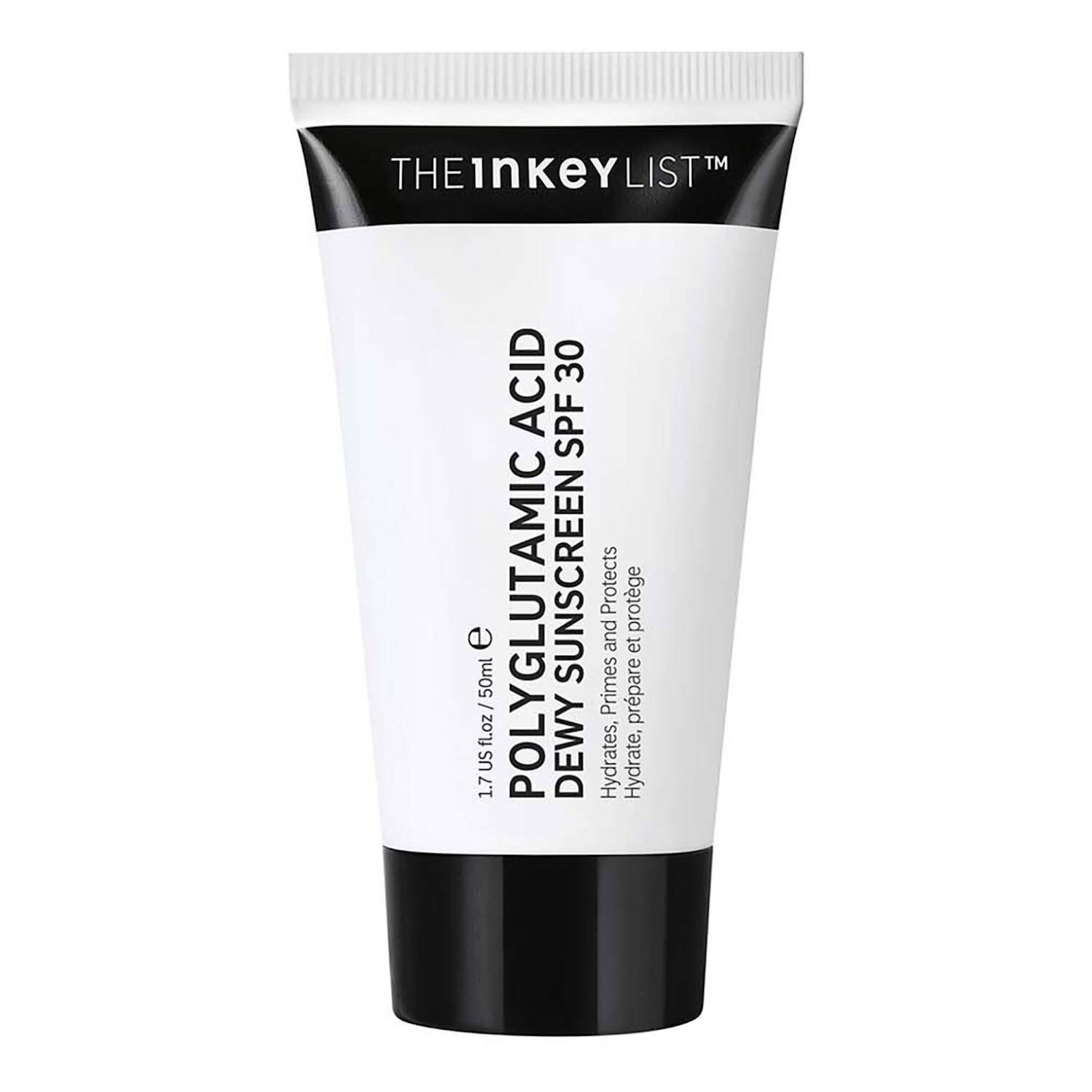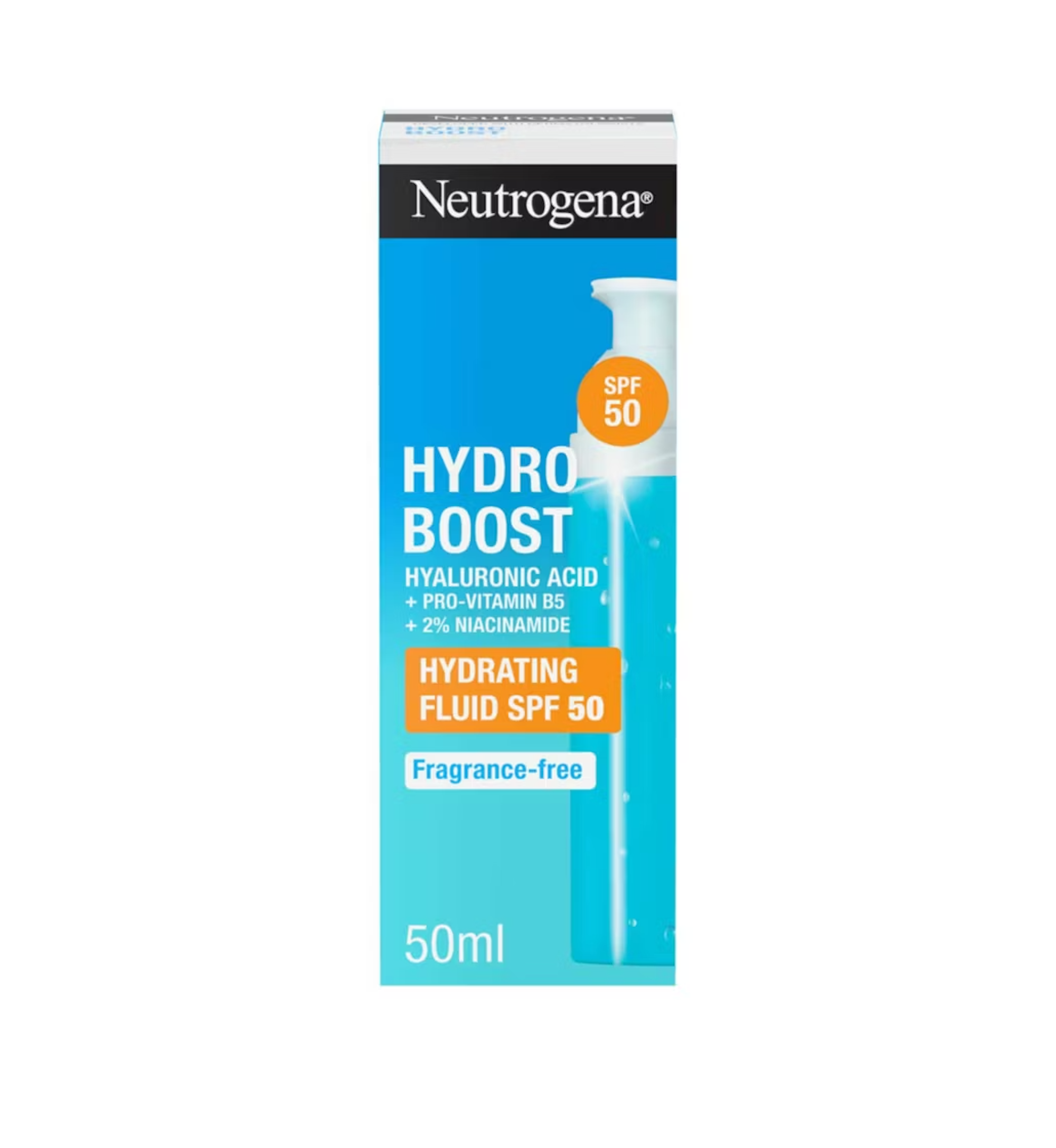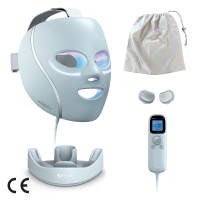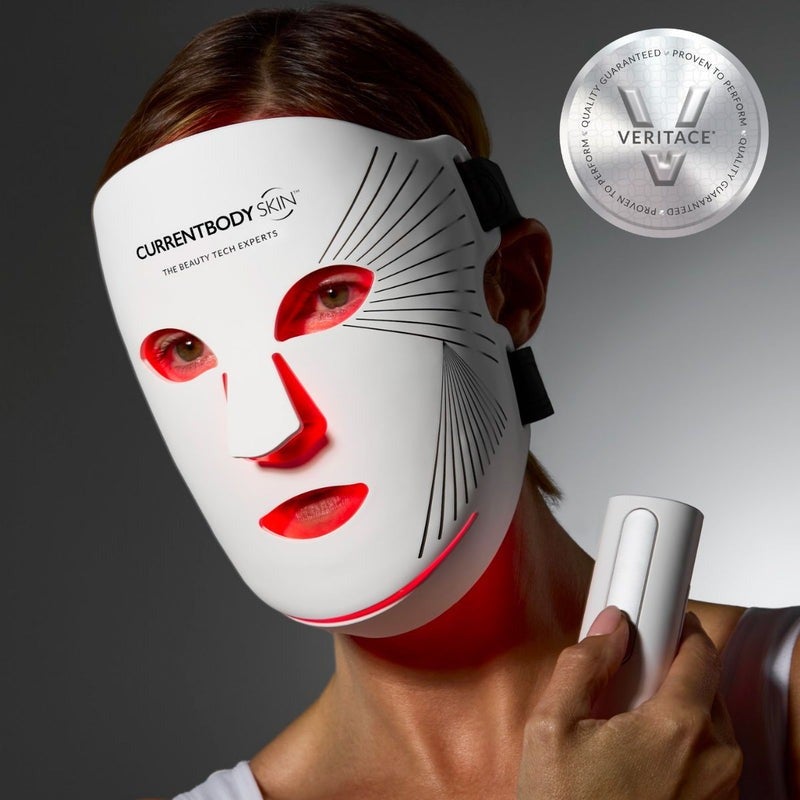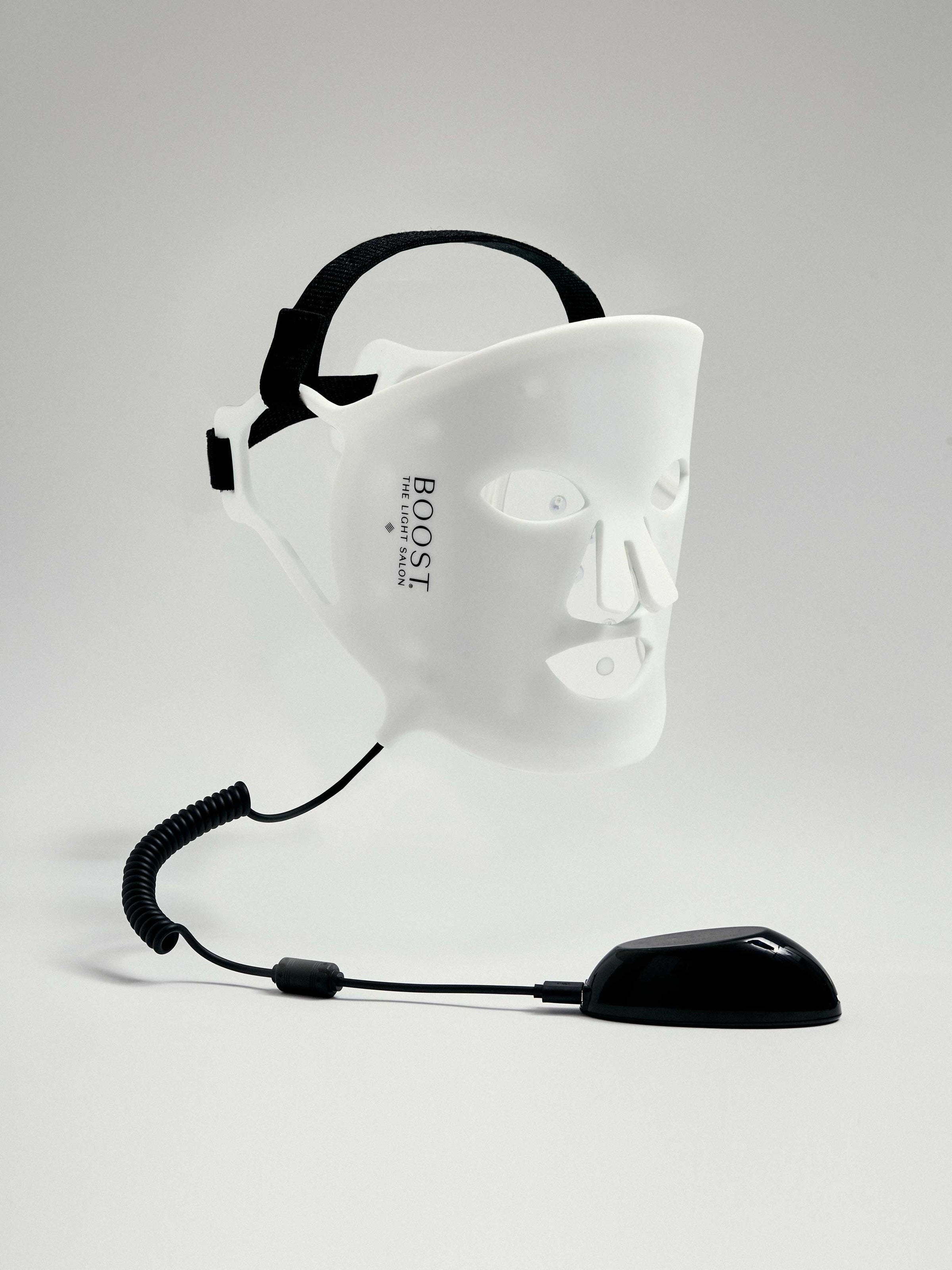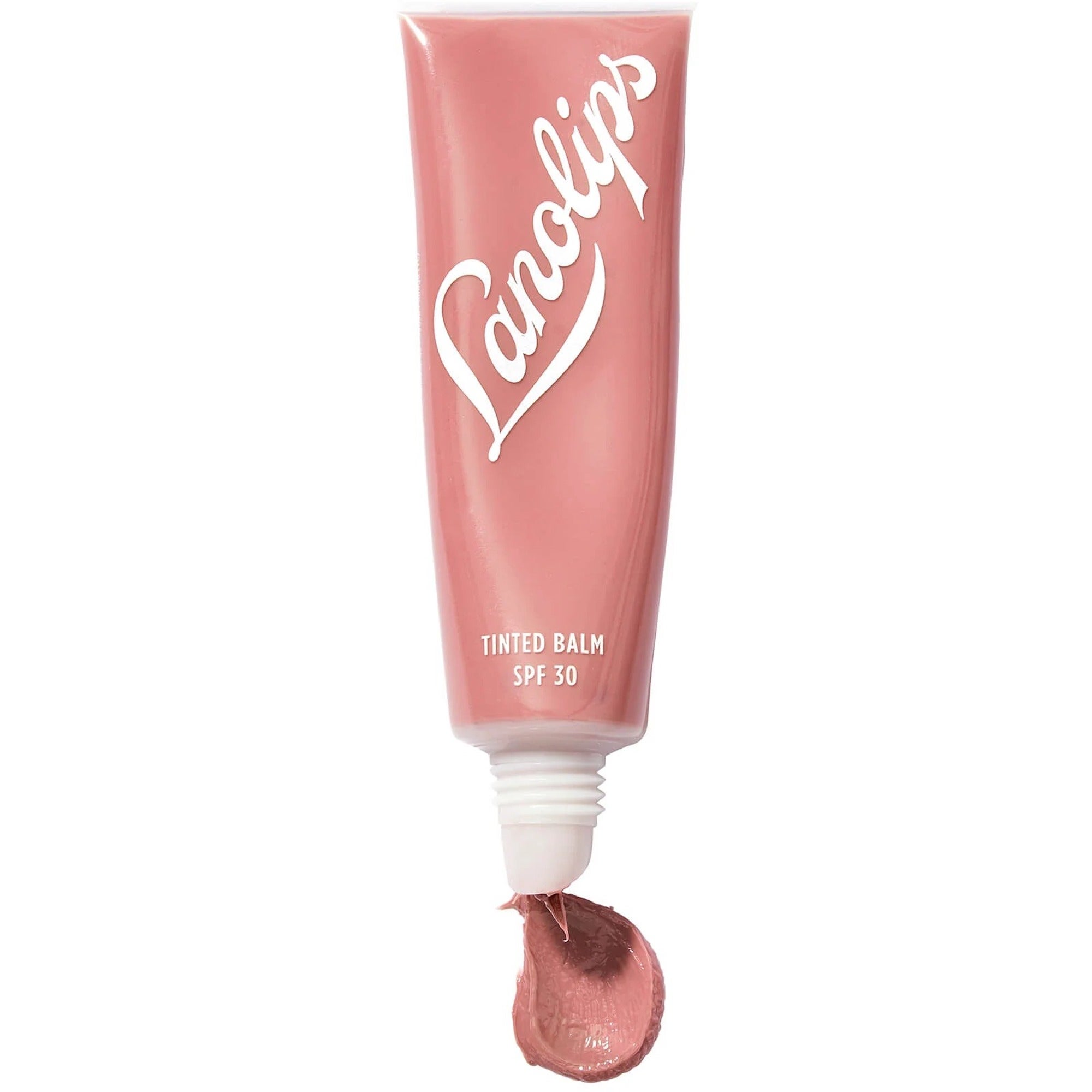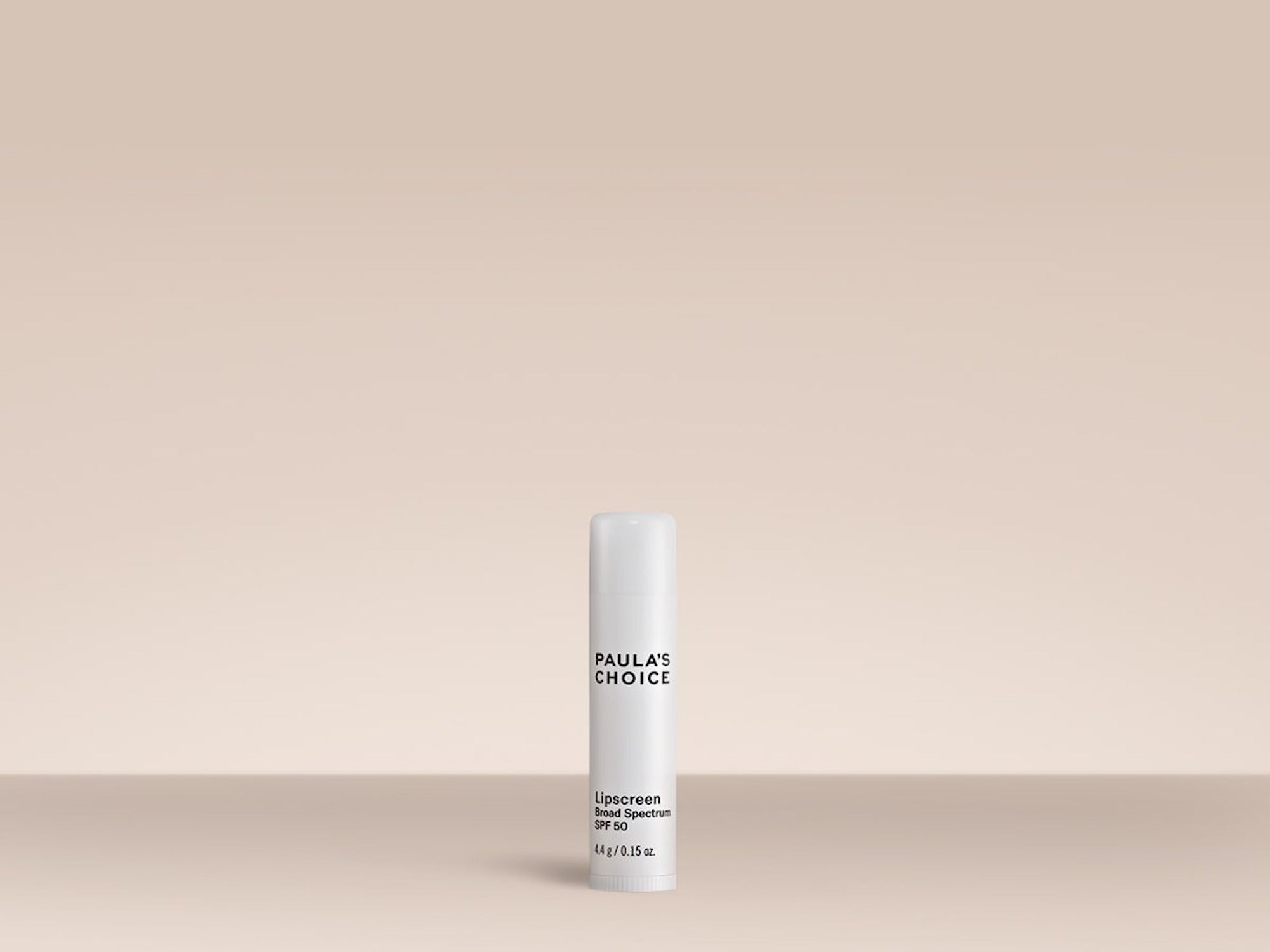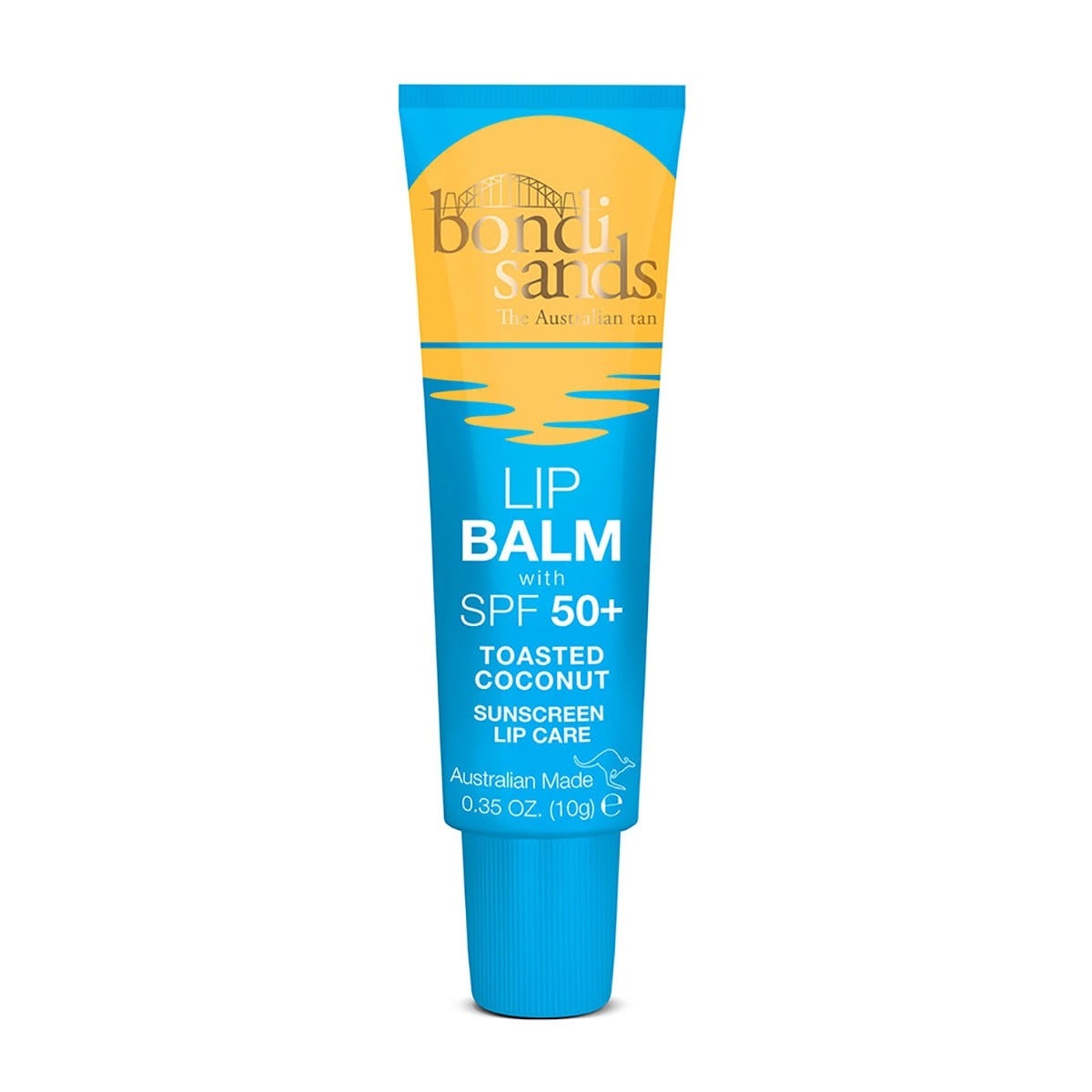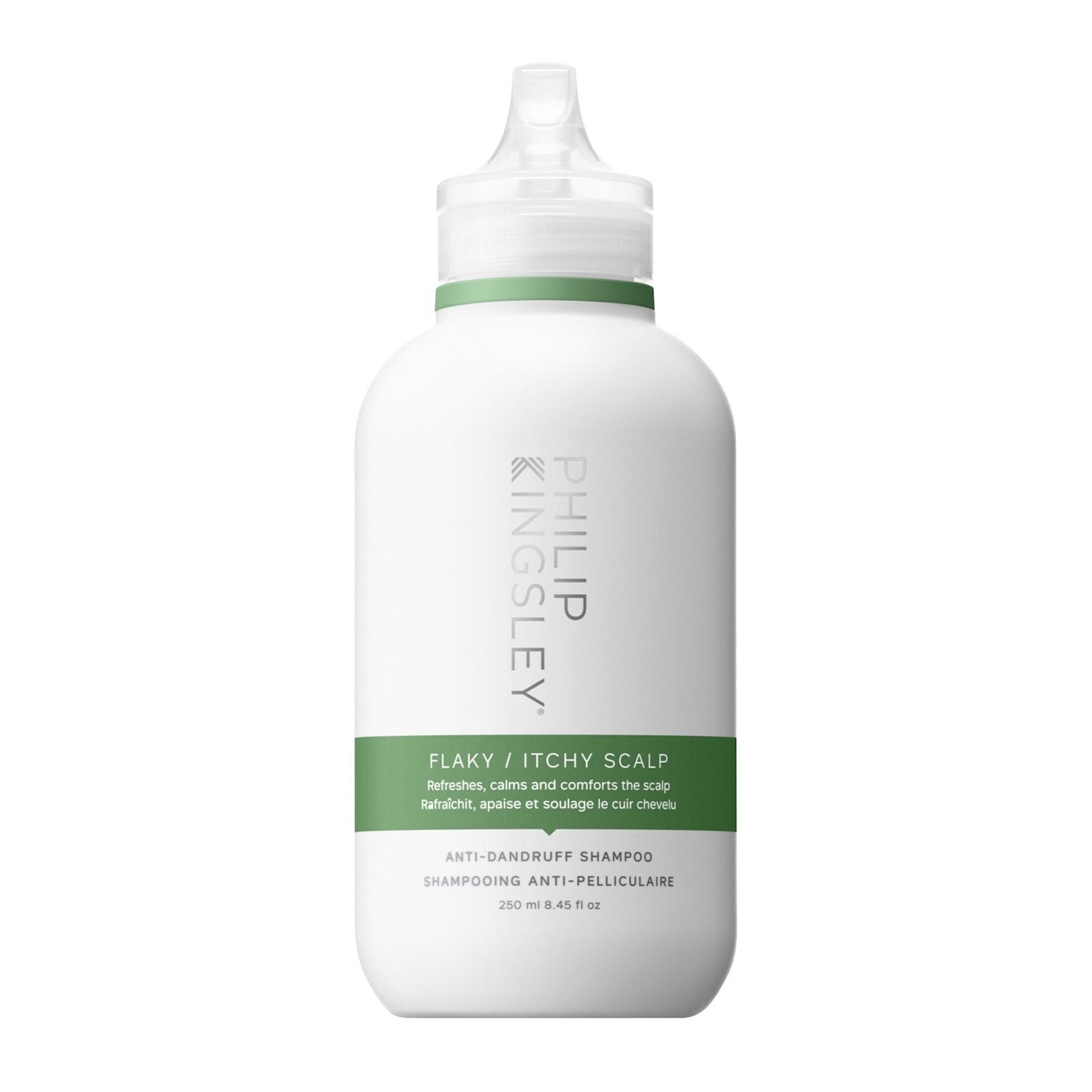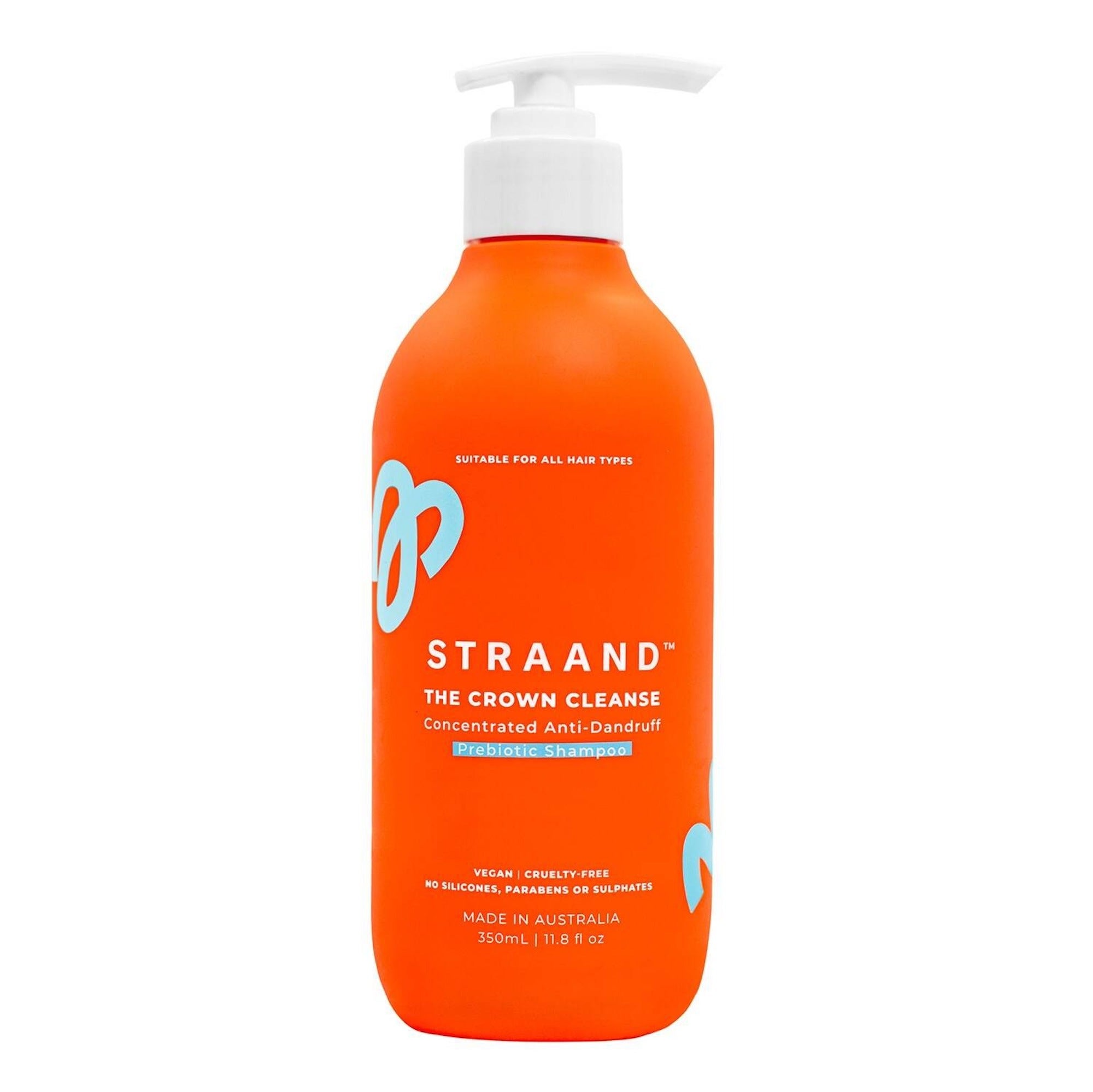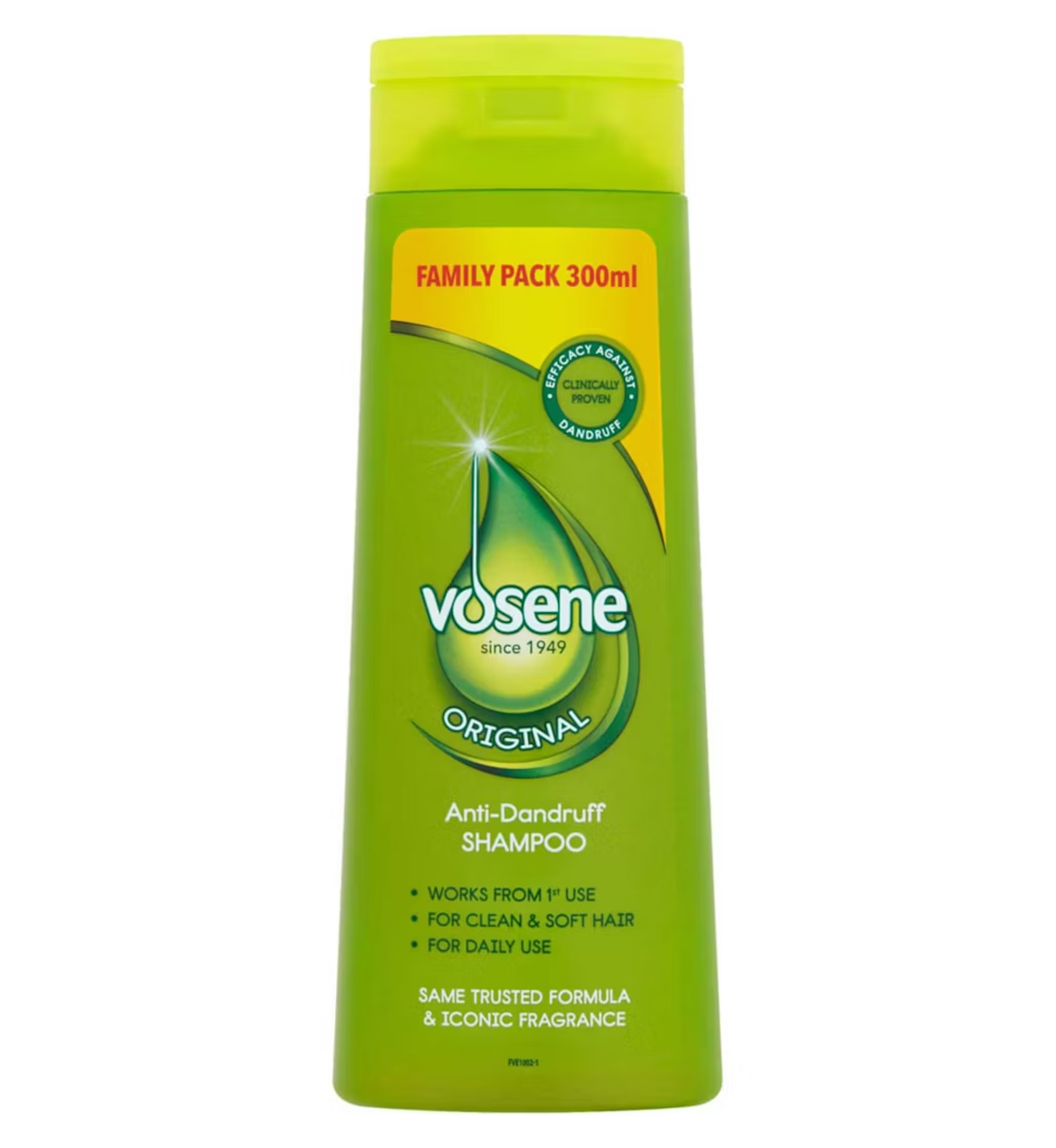All linked products are independently selected by our editors. If you purchase any of these products, we may earn a commission.
From applying SPF with makeup brushes to creating so-called skincare “smoothies” by mixing your products, the internet is awash with dubious beauty advice. For this reason, we make it our yearly mission to cut through the noise with help from our little black book of expert dermatologists, cosmetic scientists and aestheticians.
Whether you’re keen to brush up on the benefits of LED masks or you’re wondering how much is too much to spend on SPF, you’ll find the answer at R29. But it’s been a busy year, so to make things easy for you, here are the eight most valuable skincare lessons we learnt from the professionals in 2024 — all in one place for your perusal.
AdvertisementADVERTISEMENT
Dry skin? Try reverse double cleansing.
If you wear makeup and sunscreen it’s likely that double cleansing — using a balm, oil or micellar water then following up with a proper water-based cleanse — is second nature to you. Though necessary to remove every last scrap of product, the second cleanse can often leave drier skin feeling tight and stripped, particularly if you're using foaming cleanser. As a solution, Kat Burki, a skin specialist, nutritional scientist and founder and CEO of her namesake skincare brand, suggests reverse double cleansing.
“I do the opposite of what other [people] do to get a deep cleanse without stripping the skin,” Burki told Refinery29. “First I go in with a gel cleanser [namely her KB5 Calming Gel Cleanser, £40] and then I’ll use an oil cleanser,” she said. “That’s because you don’t want to wash away those nutrients.” If you don’t like the slip that oil cleansers tend to leave behind, try following a lathering face wash with a hydrating cream cleanser like Medik8 Cream Cleanse, £24, La Roche-Posay Effaclar H+ Cleansing Cream, £16.50, or CeraVe Hydrating Cleanser, £8.38, instead.
How to tell the difference between real and counterfeit sunscreen.
For Refinery29’s global sun safety campaign, Sun Blocked, writer Morgan Fargo uncovered the murky world of fake sunscreen. K-beauty brands like Round Lab and Beauty of Joseon often fall victim to counterfeiting, and the differences between fakes and legitimate products are often indiscernible to the naked eye. But there are a handful of things you can do to make sure you’re buying the real deal and protecting your skin properly.
AdvertisementADVERTISEMENT
Skin cancer expert Dr Paul Banwell told Refinery29: “Do not believe very low prices — they are often too good to be true — and don’t buy from unverified sellers. It’s a gamble that’s just not worth taking. After that, look at the packaging for misspelt words or a lack of certification, and when it arrives, make sure the seal is intact, too.” Stick to well-known retailers that you trust and avoid third-party sellers.
SPF doesn’t have to cost a small fortune.
On the topic of sunscreen, it’s a common misconception that the more you spend, the better the product is at protecting your skin against UV light. Here’s the truth: The cost doesn’t really matter. An effective sunscreen should be “broad spectrum” so that it shields skin from both UVA and UVB, and most dermatologists recommend an SPF (sun protection factor) of at least 30. “Affordability is relative but you shouldn’t feel bad about using [your sunscreen] or worry about how expensive it is to replace,” aesthetician Alicia Lartey told R29. “I personally don’t see why an SPF should be over £50 — unless it’s a gallon.”
Lartey believes that there are lots of excellent, affordable sunscreen options out there. R29 rates e.l.f. Suntouchable Invisible Sunscreen SPF 30, £14, The Inkey List Polyglutamic Acid Dewy Sunscreen SPF 30, £15, and Neutrogena Hydro Boost Hydrating Fluid SPF 50, £16.50. Ultimately, though, choosing the right sunscreen comes down to personal preference and what you can afford.
AdvertisementADVERTISEMENT
LED masks are pretty great, actually.
You might be quick to dismiss LED masks as a gimmick but according to the experts, there are tangible benefits — provided you’re consistent. Dr Jonathan Kentley, consultant dermatologist and British Skin Foundation spokesperson, told R29: “Both red light and blue light therapy has been shown to be effective in the treatment of acne, by targeting oil-producing glands, killing bacteria and reducing the number of inflammatory spots.”
That’s not all. Light therapy can increase the production of collagen and elastin, which give skin its structure. “Studies [show] an improvement in skin hydration, texture and elasticity as well as reduction in the number of wrinkles,” said Dr Kentley. Not all LED masks are created equal so if you’re considering buying one, we’re on hand to help you with your research.
Your lips aren’t just dry. They could be sun-damaged.
When Refinery29’s senior writer Venus Wong asked a dermatologist why her lips were constantly dry last summer, she never expected sunburn to be the answer. Wong wrote, “Despite diligently wearing sunscreen daily (on my face and body and reapplying every two hours), I’ll be the first to admit that I often forget SPF protection on my lips.” She asked consultant dermatologist Dr Derrick Phillips for advice. “The skin on your lips differs from that of the rest of your body,” he told her. “It’s thin, sensitive and prone to loss of moisture. Your lips are also constantly exposed to UV radiation from the sun, which over time causes further thinning, redness, pigmentation and increases the risk of developing skin cancer.”
AdvertisementADVERTISEMENT
A restorative lip balm including moisturising ingredients like lanolin, glycerin and hyaluronic acid is key to alleviating dryness, as is investing in a lip balm with at least SPF 30 to protect your lips from damaging UV. Try Bondi Sands SPF 50+ Lip Balm, £3.30, Lanolips Tinted SPF 30 Balm, £8.99, or Paula’s Choice Lip Balm SPF 50, £14, none of which tastes bitter.
Dandruff can’t be “cured” — but it can be managed easily.
Your scalp is an extension of the skin on your face so it makes sense that it requires a similar level of care — specifically washing it more regularly. Going too long between shampoos can encourage dandruff, which manifests as fine white flakes, said trichologist Anabel Kingsley. Dandruff can’t be cured but it can be managed easily. “If you didn’t wash your face every day, it would get greasy,” Kingsley told Refinery29. “On your scalp, there’s nowhere for those dead skin cells to go, so they get trapped at the root on your scalp and in your hair. The act of massaging when you shampoo exfoliates [the scalp].”
Kingsley recommends using an anti-dandruff shampoo, like Philip Kingsley Flaky Itchy Scalp Shampoo, £30, down to the last drop. Once the dandruff lets up, she suggests keeping a bottle in your bathroom and using it every other wash to keep the flakes at bay. Also try STRAAND The Crown Cleanse Concentrated Anti-Dandruff Prebiotic Shampoo, £20, currently on sale for £15, or Vosene Original Anti-Dandruff Shampoo, £2.15, if you’d rather spend less.
AdvertisementADVERTISEMENT
It's time to rethink our relationship with tan accelerators.
Last summer, beauty journalist Tori Crowther uncovered just how dangerous tanning accelerators can be. Typically sold as gels or lotions, they contain ingredients like beta carotene, which comes from carrots, or Tanositol SPE, derived from the carob plant. Said to be “activated” by UV light, these ingredients can increase melanin (the skin’s natural pigment) and encourage a tan. But here’s the thing: Tanning, whether indoors on a sunbed or outdoors on a beach, can lead to melanoma, one of the most common forms of skin cancer. So while the ingredients inside tan accelerators aren’t inherently bad, their premise certainly is.
“A perturbing misconception around tanning accelerators is that they are believed to reduce the amount of time needed to achieve a tan,” wrote Crowther. “The fewer hours spent sunbathing, the better, right? But it’s not quite so cut and dried. Tanning accelerators lull users into a false sense of security.” Consultant dermatologist Dr Ellie Rashid compared tanning accelerator lotions to the idea of smoking shorter cigarettes. “Saying they are safer because they limit the length of time you smoke just doesn’t make sense,” she told R29. This is why you won’t spot any tanning accelerators on Refinery29’s website in future.
People with darker skin tend to be more deficient in vitamin D — but SPF is still beneficial.
In an article titled “The Vitamin D Myth Discouraging Black People From Wearing Sunscreen”, Refinery29 Unbothered editor L’Oréal Blackett acknowledged that while regularly applying SPF can protect skin against harmful UVA and UVB rays, which can lead to premature ageing and skin cancer, she is often asked one question: “If Black and brown people are more prone to vitamin D deficiency, should Black people wear sunscreen?”
Blackett discovered that scientists agree on one thing: People who wear SPF every day can maintain their vitamin D levels. “Most people don't wear enough sunscreen [on a daily basis] for them to actually worry about the amount of vitamin D their body can truly absorb,” added aesthetician Alicia Lartey. She continued, “Living in a climate like the UK, or just the northern hemisphere in general, you would have to take extra vitamin D supplements, anyway.”
In other words, it pays to invest in a good vitamin D supplement and a broad-spectrum sunscreen of at least SPF 30 to protect your skin against harmful UV rays.
AdvertisementADVERTISEMENT







